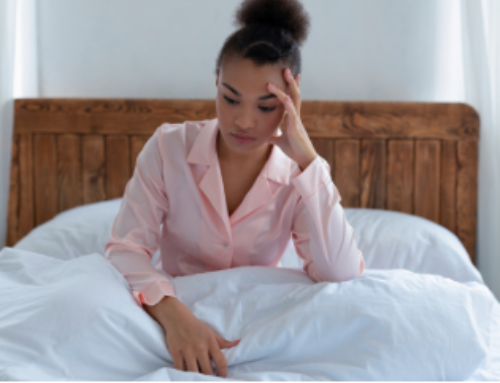If I’m being honest, I’m totally guilty of staying up too late watching Netflix. It’s easy to get wrapped up in a show and convince myself that one more episode won’t hurt. But as it turns out, binge-watching can affect your sleep even after you power down your computer or television.
It’s no surprise that late bedtimes aren’t great for your health. Now a recent study is the first to link binge-watching in young adults with poorer sleep quality, more fatigue, and increased insomnia.
The study involved 423 young adults who were between 18 and 25 years old. They completed an online survey assessing television viewing, binge-watching, and sleep characteristics. Binge-watching was defined as “watching multiple consecutive episodes of the same television show in one sitting on a screen.” Study results are published in the Aug. 15 issue of the Journal of Clinical Sleep Medicine.
Binge-watchers reported more fatigue and more symptoms of insomnia. They also had worse sleep quality and higher alertness before going to sleep. Analysis found that binge-watchers were 98 percent more likely to have poor sleep quality compared with those who didn’t binge-watch.
“We found that the more often young people binge-watch, the higher their cognitive pre-sleep arousal,” said principal investigator and lead author Liese Exelmans. She is a doctoral candidate in the School for Mass Communication Research at the University of Leuven in Belgium. “That in turn negatively affected sleep quality, fatigue and insomnia.”
If you’re not ready to give up your Netflix marathons, there’s still hope. According to Exelmans and co-author Jan Van den Bulck, PhD, relaxation techniques and mindfulness could help minimize sleep problems related to binge-watching.
The American Academy of Sleep Medicine also offers some practical tips to help you binge-watch responsibly.





